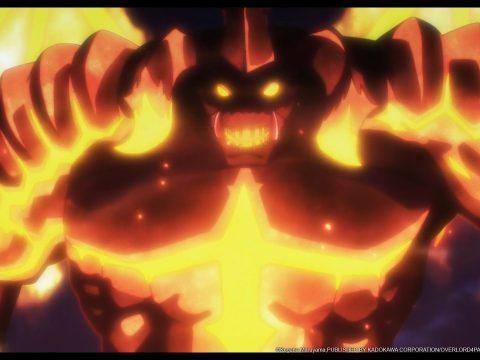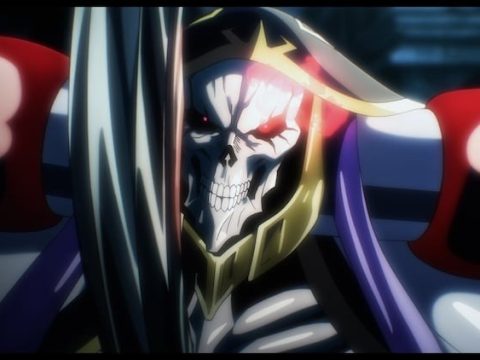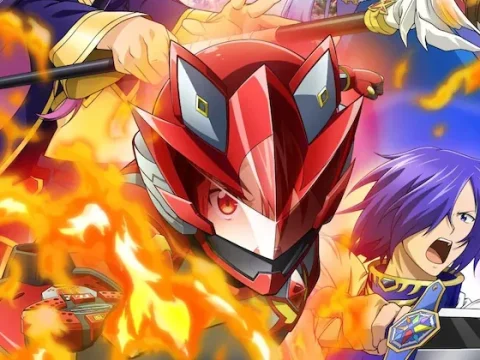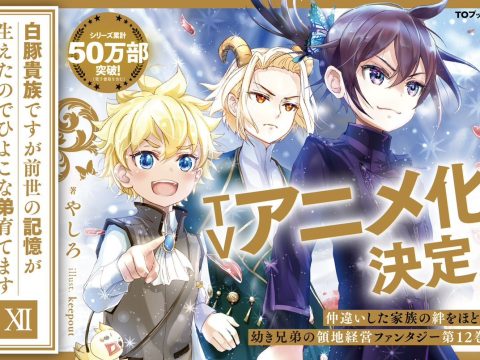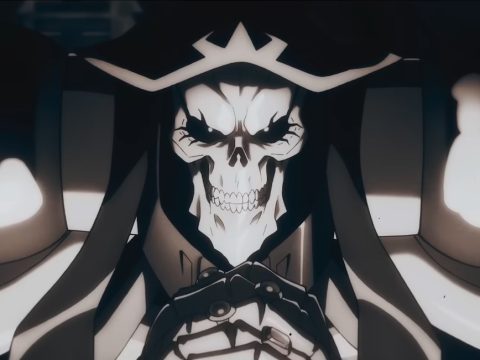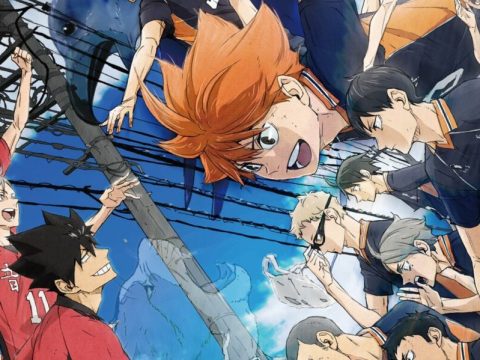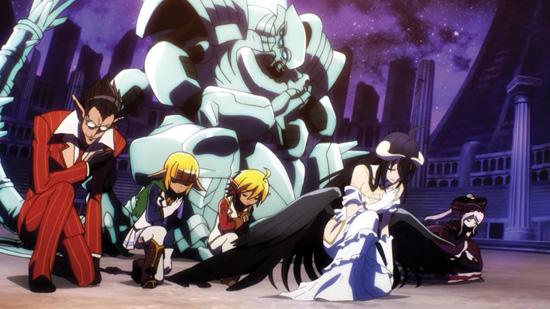
Online games come and go for a variety of reasons. In the case of Dive MMORPG Yggdrasil, its time has come to an end after 12 years on the top of the DMMO heap. The year is 2126, and one player just isn’t ready to call it quits. Momonga, guildmaster of Ains Ooal Gown, decides to stick around until the very last second, bidding his final guild member adieu and using the final moments to wax nostalgic about all the good times they had.
And then, when the clock strikes midnight … nothing. Yggdrasil stays online, or so it seems. Now Momonga finds himself in a new world, fully realized NPCs at his beck and call, and he is way, way OP. The only thing left to do is set out beyond the walls of The Great Tomb of Nazarick and take this new world by storm, one step at a time.
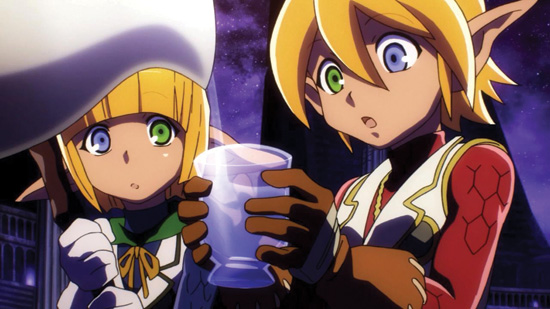
When I first read the premise to Overlord I was really excited. There’s loads of potential there, and its opening moments pave the way for what could be a really funny show or, if done really, really well, some kind of introspective drama about letting go … of an MMO. It’s based on the light novel series written by Kugane Maruyama and illustrated by so-bin, and that fact alone will either get you excited or give you an extended moment of pause and a heightened sense of wariness. It might be a good idea to hold onto that feeling.
Overlord is kind of confused about what it ultimately wants to be. Laughs are too few and far between to consider it a comedy, and its dramatic elements don’t work very well because there aren’t really any stakes established in the beginning. Further compounding the show’s issues is the fact that the world of Yggdrasil and the newly established one beyond it is hazy at best.
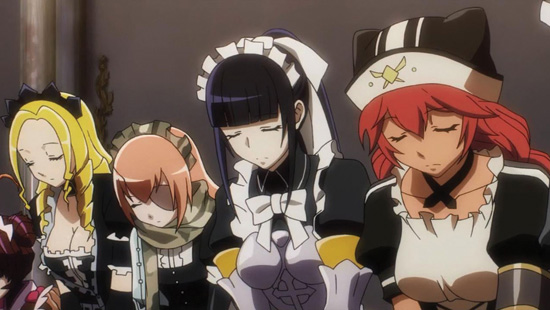
Despite their own flaws, series like Sword Art Online carefully lay the groundwork and provide some foundation for the story to unfold upon. Overlord doesn’t do a very good job of explaining the mechanics of its world and how the characters within it operate. This is something that’s gradually expanded in certain episodes, but it rarely rises above the notion that it’s all being made up haphazardly on the spot.
In that regard it’s very much like watching someone play an MMO you know absolutely nothing about. If that’s what the team behind Overlord was going for then the project has been at least a mild success. Director Naoyuki Itou hasn’t personally directed too much of note other than an episode of the excellent Re: Cutie Honey OVA, which, energetically speaking, Overlord could not be further from. Writer Yukie Sugawara’s résumé is practically bare by comparison, but does include scripts and scenarios for episodes of Sword Art Online and Sword Art Online II, respectively.
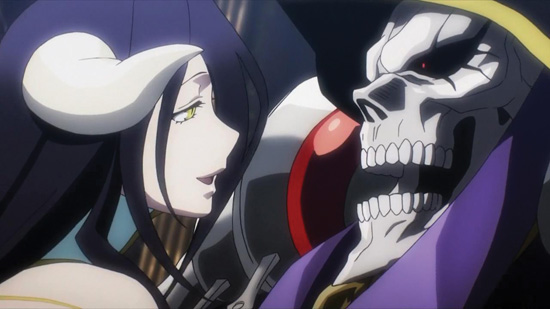
Madhouse was another reason I was looking forward to Overlord, and while the show doesn’t look bad, there are plenty of other studios that could have handled this one with similar results. There’s a lot of standing around and talking, especially in the earlier episodes, and they don’t even have to worry about moving Ains Ooal Gown’s mouth when he speaks.
Action scenes typically showcase how overpowered our lead is, which could have made for some good setups and punchlines in funnier series. As it stands, though, it just factors further into the low, sleepy stakes of Overlord. The liberal use of uninspired CG for anything more complex than a humanoid character doesn’t help matters. On the bright side, Takahiro Yoshimatsu’s adaptations of so-bin’s character designs are a highlight for the most part.
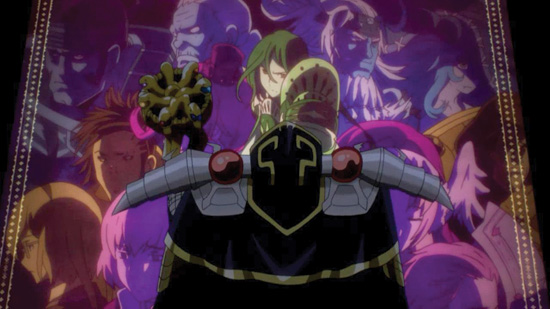
While Overlord improves slightly over the course of its run—even managing to pull out some pretty decent gags along the way—it only makes the show that much more of a disappointment in the end. I don’t know whether to blame the source material or not since the original light novels aren’t available in English, but there are flashes of something greater here. Unfortunately, Overlord never quite delivers on its premise and continues to amble along with a main cast that isn’t even as interesting as the NPCs that surround them.


